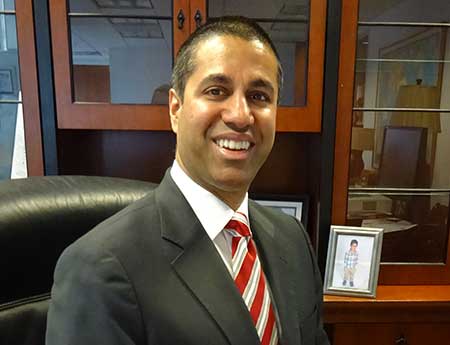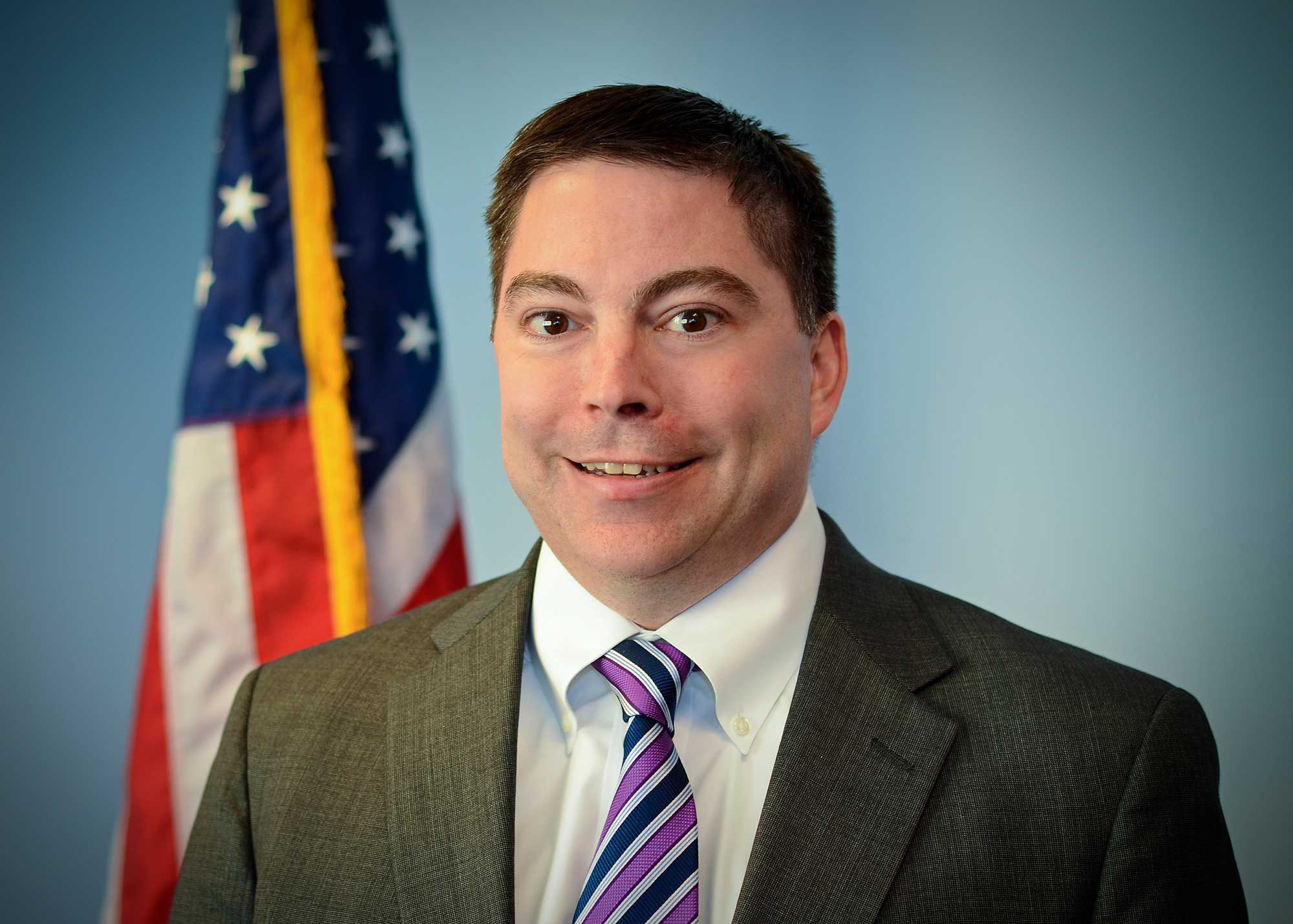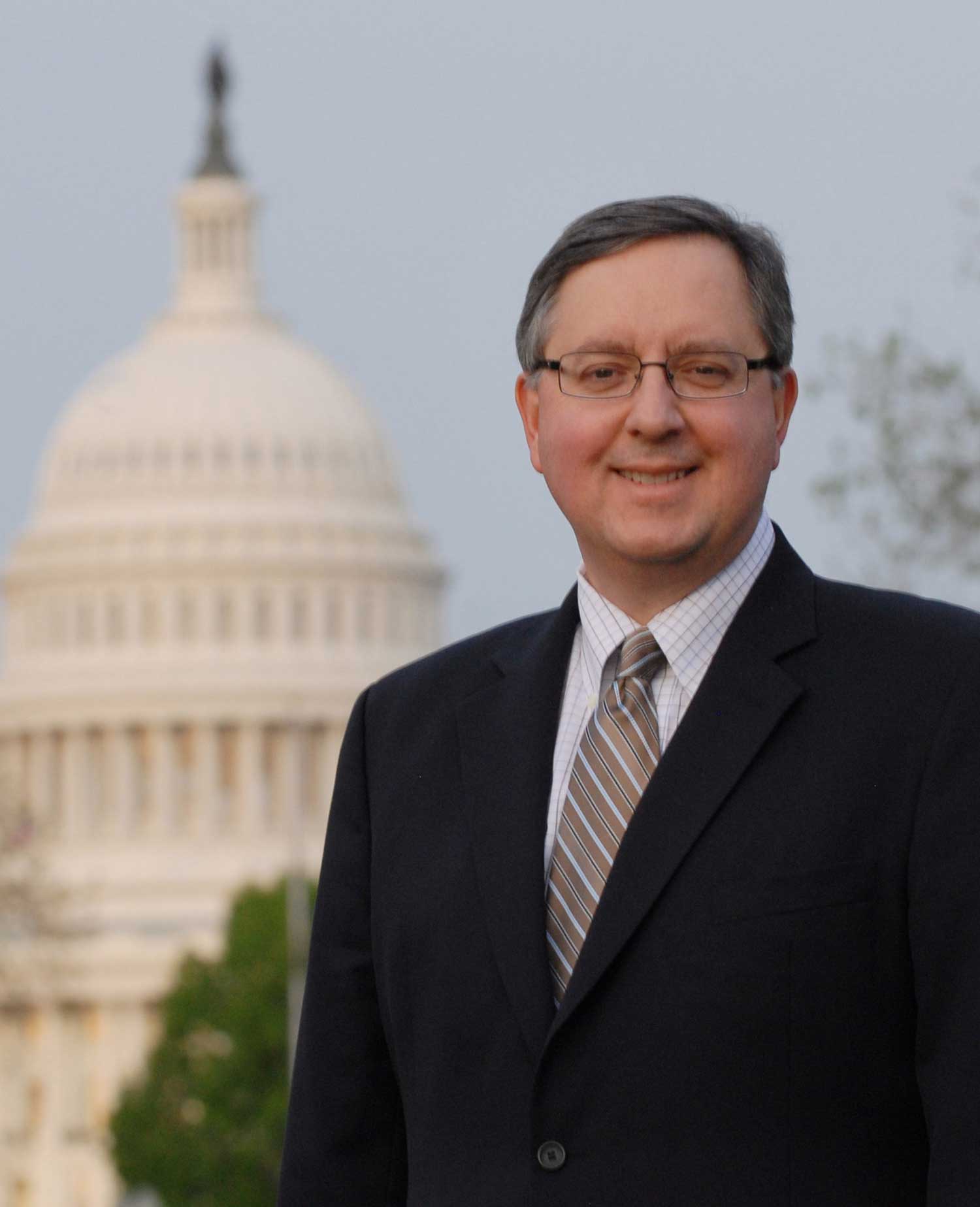Sinclair Faces Deal/No Deal Moment

The smarter way to stay on top of broadcasting and cable industry. Sign up below
You are now subscribed
Your newsletter sign-up was successful
WHY THIS MATTERS : FCC chairman Ajit Pai’s latest press may push the teeter-tottering Sinclair-Tribune deal over the edge.
Sinclair Broadcast Group’s deal to acquire Tribune Media appears to be in a world of regulatory hurt, even as Sinclair attempted a sixth adjustment to the agreement to address government concerns that will not head off a public hearing.
Deal critics, and there are many, didn’t know quite how to react when the news spread that FCC chairman Ajit Pai had publicly flogged Sinclair on July 16 for conduct possibly unbecoming a licensee, suggesting its $3.9 billion deal to buy Tribune’s stations as proposed may have violated the law.
Pai’s criticism came in the announcement of a hearing order designation, in which he essentially said the evidence showed a need for an administrative trial due to Sinclair’s plan to spin off some stations and what the FCC signaled were “layers of financial entanglements” yet to be examined.
Only scrapping the deal will avoid such a review. At press time, Sinclair had not returned a request for comment on its plans.
But without even waiting to see the order, Sinclair responded to press reports with its sixth iteration of the deal, one meant to remove the appearance of too-cozy spinoffs, though Sinclair maintained those deals were within FCC rules and should not be a problem. They clearly were.
After reports, confirmed by the order, that the FCC had trouble with the spinoffs of two Texas stations to Cunningham — whose investment banker owner has ties to Sinclair — the broadcaster canceled those sales and said it would put those stations into a trust until it found someone the FCC liked. It also nixed the sale of WGN Chicago to a business partner of Sinclair executive chairman David Smith. Sinclair planned to provide services to the station post-sale, but instead wants to keep the station.
The smarter way to stay on top of broadcasting and cable industry. Sign up below
The hearing order says there are questions of fact about how Sinclair presented the deal, including the $60 million sale price for WGN, which it says appeared far below market value — which make it, as constituted, not in the public interest.
“We designate for hearing the above-captioned applications because there exists a substantial and material question of fact as to whether Sinclair was the real party-in-interest to the WGN-TV, KDAF, and KIAH applications and if so, whether Sinclair engaged in misrepresentation and/or lack of candor in its applications with the commission,” the FCC said in the order.
Even though the three station applications were pulled, an FCC spokesperson said there remain issues with the other spinoffs and who would have been the actual owner, so withdrawing the applications does not avoid the hearing, unless all the applications are withdrawn and the deal is dropped.
At this point, the only way Sinclair can avoid a hearing is to pull all the applications, which would end any issues before the ALJ, an FCC spokesperson said. Sinclair could still face potential character qualification issues at license renewal time for its other stations, which critics could attempt to challenge.
The FCC could also, theoretically, refer its candor issues to the Enforcement Bureau for an investigation if Sinclair forecloses the hearing route by canceling the deal, though that referral is probably a long shot.
Tribune sounded resigned to the outcome, signaling after reading the order that it would be sad to see the deal go, but would be fine regardless.
Muddy Connections
Critics had long pointed to connections between the buyers of all three stations and Sinclair’s controlling shareholders, and to the sweet deals those purchasers appeared to be getting.
Those deal critics had just spent weeks flogging Pai under the assumption he was greasing the skids for the deal, with the M&A floodgates then set to swing wide open.
If the Sinclair deal does tank, Pai is free to raise the 39% ownership cap to, say, 50% of the national audience and without the appearance he is trying to help Sinclair, one financial analyst pointed out, calling it the “bright side.”
Sinclair has been eyeing 42 Tribune stations (minus 14 spinoffs) and in addition would be getting WGN America, digital multicast network Antenna TV, minority stakes in Food Network, ThisTV and CareerBuilder, as well as real estate assets.
In response to the FCC draft order, Sinclair was hoping its sixth iteration would pass muster, rather than face a hearing before an administrative law judge (ALJ). Such a proceeding, which can take more than a year, typically sounds the death knell for a deal. (The hearing is like a trial, with evidence and arguments.)
In the meantime, the U.S. Court of Appeals for the D.C. Circuit could weigh in any day now on the FCC’s decision last year to reinstate the UHF discount, which allowed station owners to count only half of the reach of their UHF outlets against the federal ownership cap, making the Sinclair-Tribune deal possible. A ruling against the FCC would undo the deal before the ALJ could pick up his or her gavel.
Two of the three judges in that court case sounded in oral argument as if they had issues with the FCC’s decision to reverse the previous commission and restore the discount. Without that, the combined Sinclair-Tribune would blow by the 39% cap.
Sinclair has been arguing that it needed to buy the Tribune stations to gain scale to compete with the so-called FAANGs (Facebook, Amazon, Apple, Netflix and Google). The way the broadcaster went about it, though — with deals that included parties with ties to the company — appeared to push the envelope a bit too far.
Wall Street analysts had been scratching their heads, canvassing reporters to figure out why the broadcaster had not cut down on the sidecar deals, or hadn’t dealt the Houston, Dallas and Chicago stations to more arm’s-length third parties. One theory was that it was actually a matter of stubborn principle, of trying to remain within the rules but still gain the kind of scale and national reach to take on over-the-top and multichannel video programming distributor competitors.
Sinclair did not respond to a request for comment, and its Washington executive, who had been attempting to manage that envelope-pushing business strategy in Washington, exited the company several weeks ago for another broadcaster.
Sinclair professed surprise at the chairman’s decision. “Throughout the FCC review process of this transaction, we have had numerous meetings and discussions with the FCC’s Media Bureau to make sure that they were fully aware of the transaction’s structure and basis for complying with FCC rules and meeting public interest obligations,” Sinclair said last week before the actual order hit the fan. “These structures are consistent with structures that Sinclair and many other broadcasters have utilized for many years with the full approval of the FCC.”

As to why commissioner Michael O’Rielly joined in the vote — he was the last to do so — an aide to the Republican told B&C: “He recognizes that, based on the material made available to us, there are questions of fact that need to be resolved and, begrudgingly, what’s left right now is for us to send it to an ALJ. Unfortunately, that process is so horrendous that we’re not naive in believing we are going to get to resolve these questions of fact.”
Licensees aren’t allowed to misrepresent or not tell the FCC the truth without risking not only their deal, but the TV stations they already own, a former top agency official said.
If there is meat on that bone, critics of Sinclair’s politics could start raising licensee character issues.
Certainly, the FCC hearing order signaled that if those three applications were found to be “sham” transactions, or Sinclair to be the real party of interest in other spinoffs, it would call into question the public interest benefit of letting Sinclair buy any of the Tribune stations.
Sinclair said there is no meat on that bone. As to the language about candor and misrepresentation, the broadcaster said: “[W]e deny such allegations in the strongest possible manner.”
A Year’s Worth of Twists
This current effort to get the deal by regulators is only the latest in a process with more twists and turns than a roller coaster. The FCC has been vetting it for more than a year as Sinclair offered up new versions in an attempt to keep more stations following FCC deregulatory moves. Sinclair was also trying to assuage Justice Department concerns about control of ad share in markets.
Meanwhile, activists used to assailing Pai over what they have said was aiding and abetting Sinclair’s expansion (others have said Sinclair was taking advantage of the ascendancy of the consistently deregulatory chairman) had to quickly find some laurels to throw his way last week.

“We applaud chairman Pai’s decision to challenge important elements of this transaction,” said deal critic Public Knowledge.
Added Newsmax Media CEO Chris Ruddy: “After a lengthy and fair process, chairman Pai acted in a nonpartisan manner in making this decision — a marked departure from the commission’s partisan actions during the Obama administration.”
“The FCC commissioners have voted to send Sinclair’s transaction to an administrative law judge because they suspect that Sinclair has lied about it,” Matt Polka, president of the American Cable Association, which represents smaller independent cable operators, said in a statement. “Sinclair can’t rescue this Titanic by shuffling the deck chairs.”
Contributing editor John Eggerton has been an editor and/or writer on media regulation, legislation and policy for over four decades, including covering the FCC, FTC, Congress, the major media trade associations, and the federal courts. In addition to Multichannel News and Broadcasting + Cable, his work has appeared in Radio World, TV Technology, TV Fax, This Week in Consumer Electronics, Variety and the Encyclopedia Britannica.

